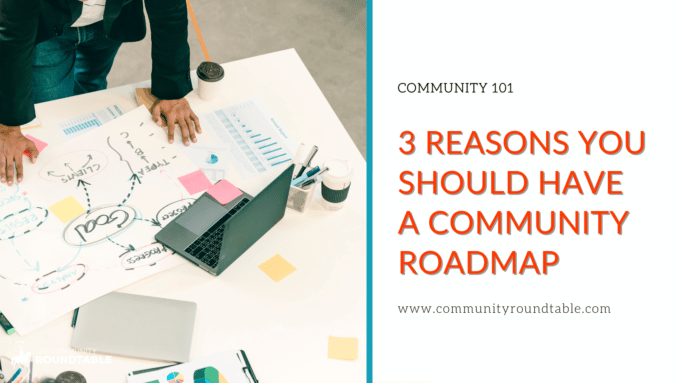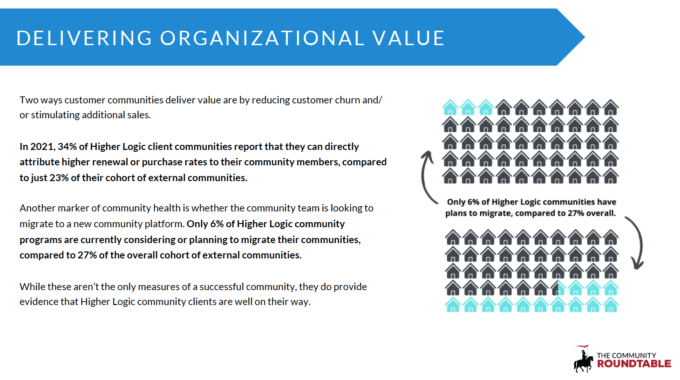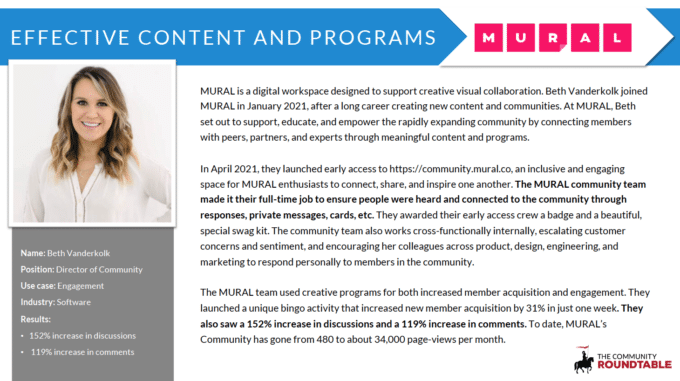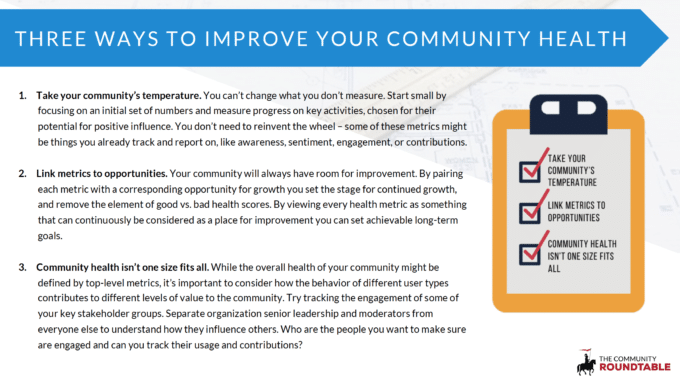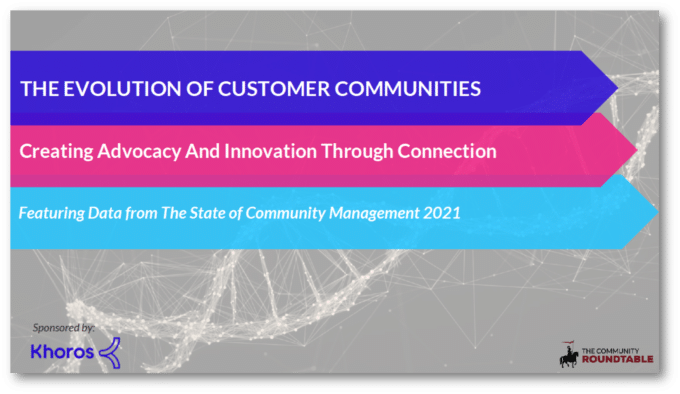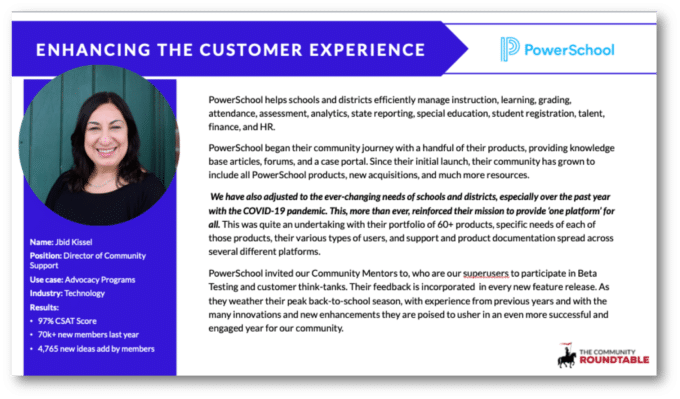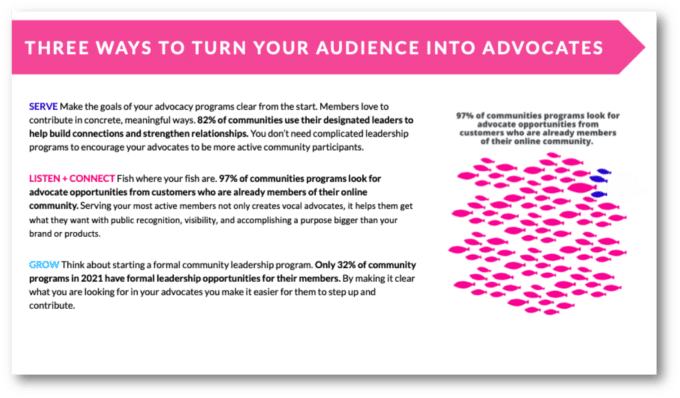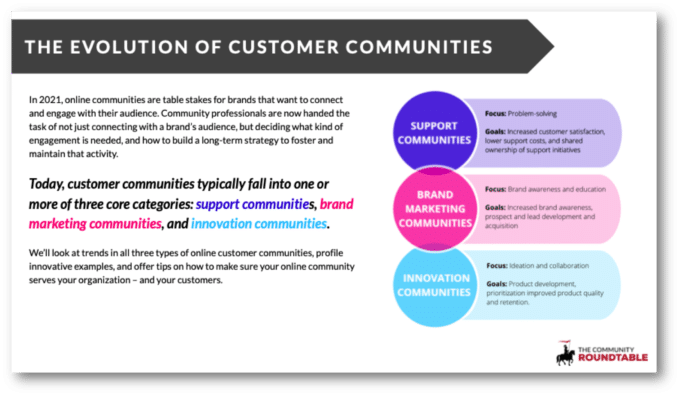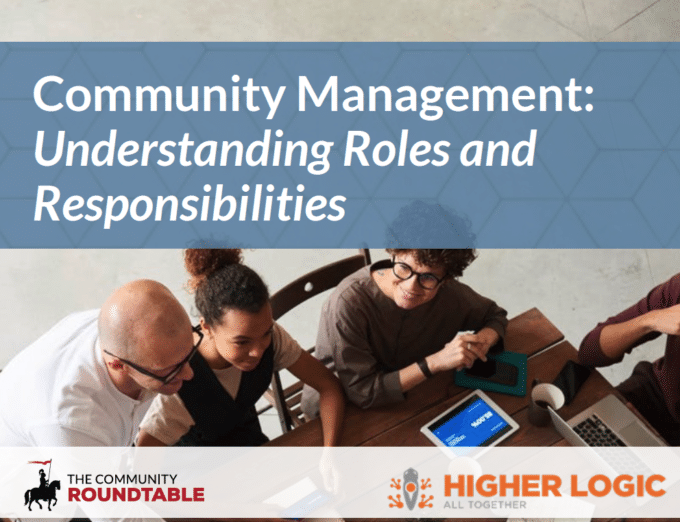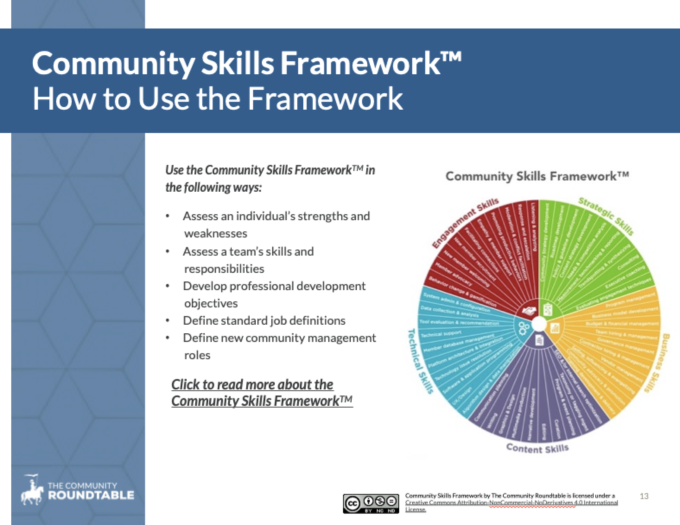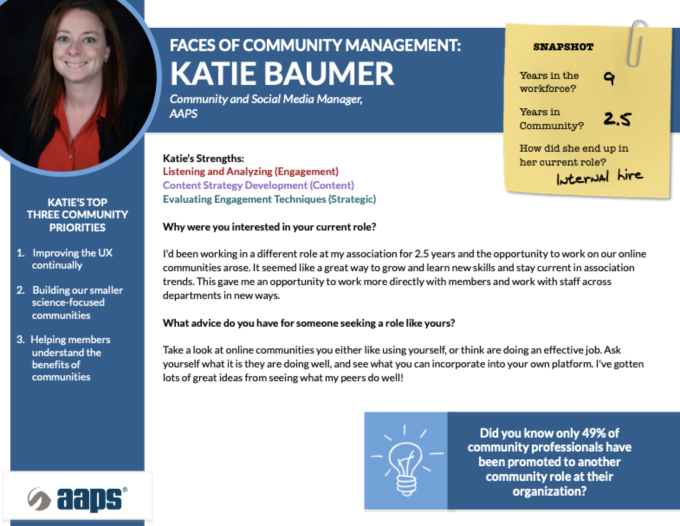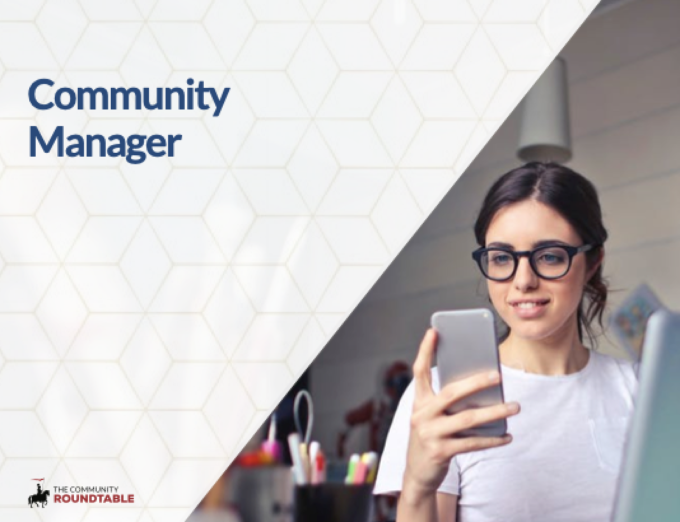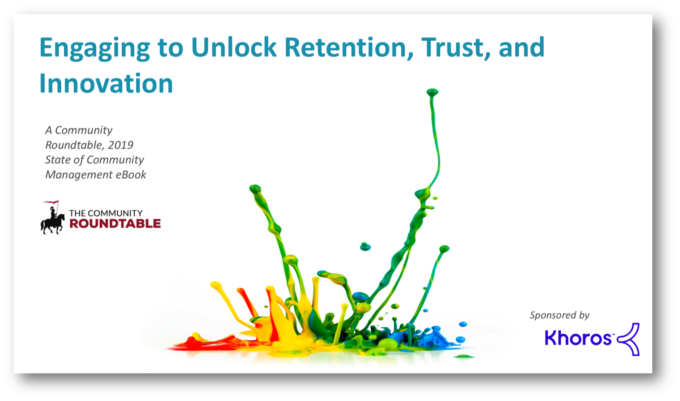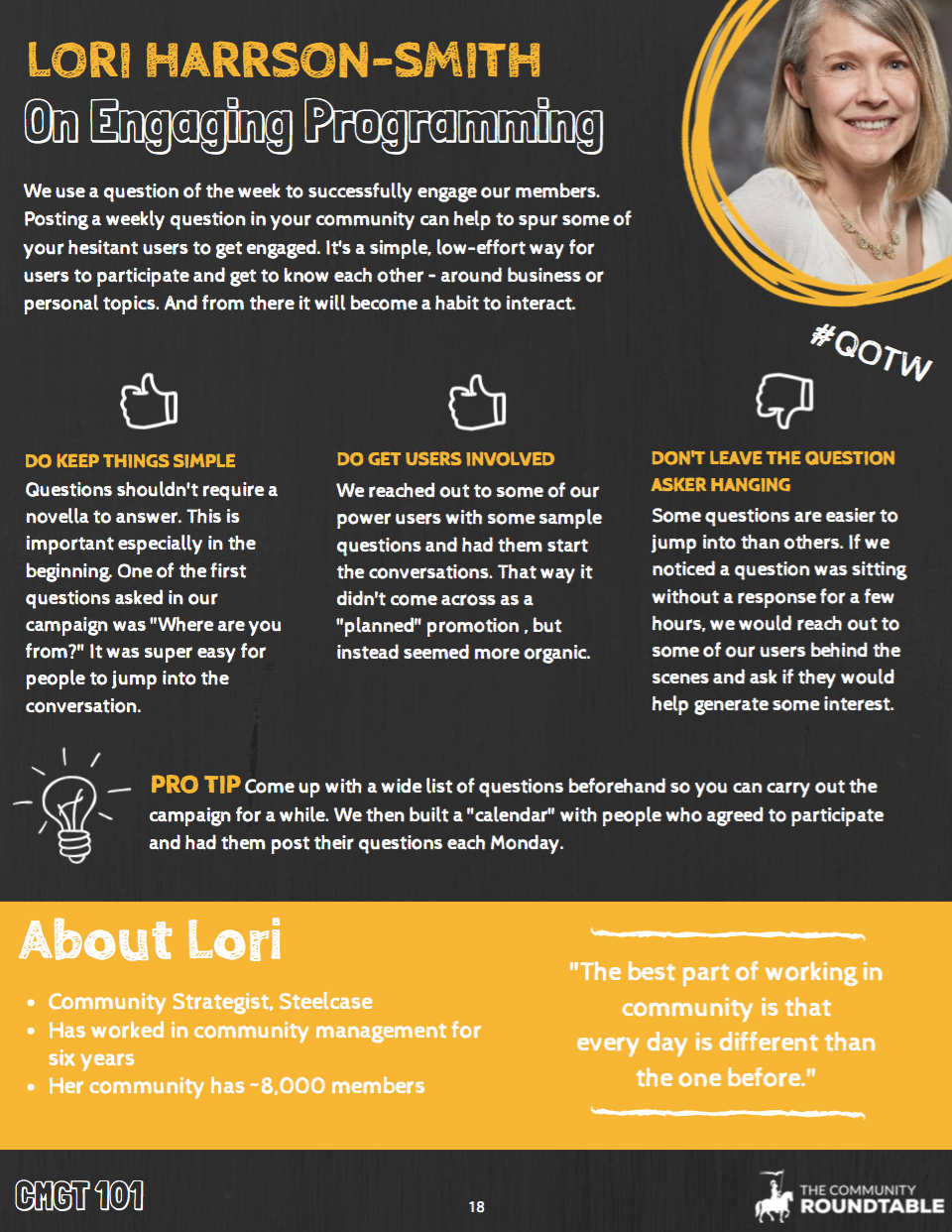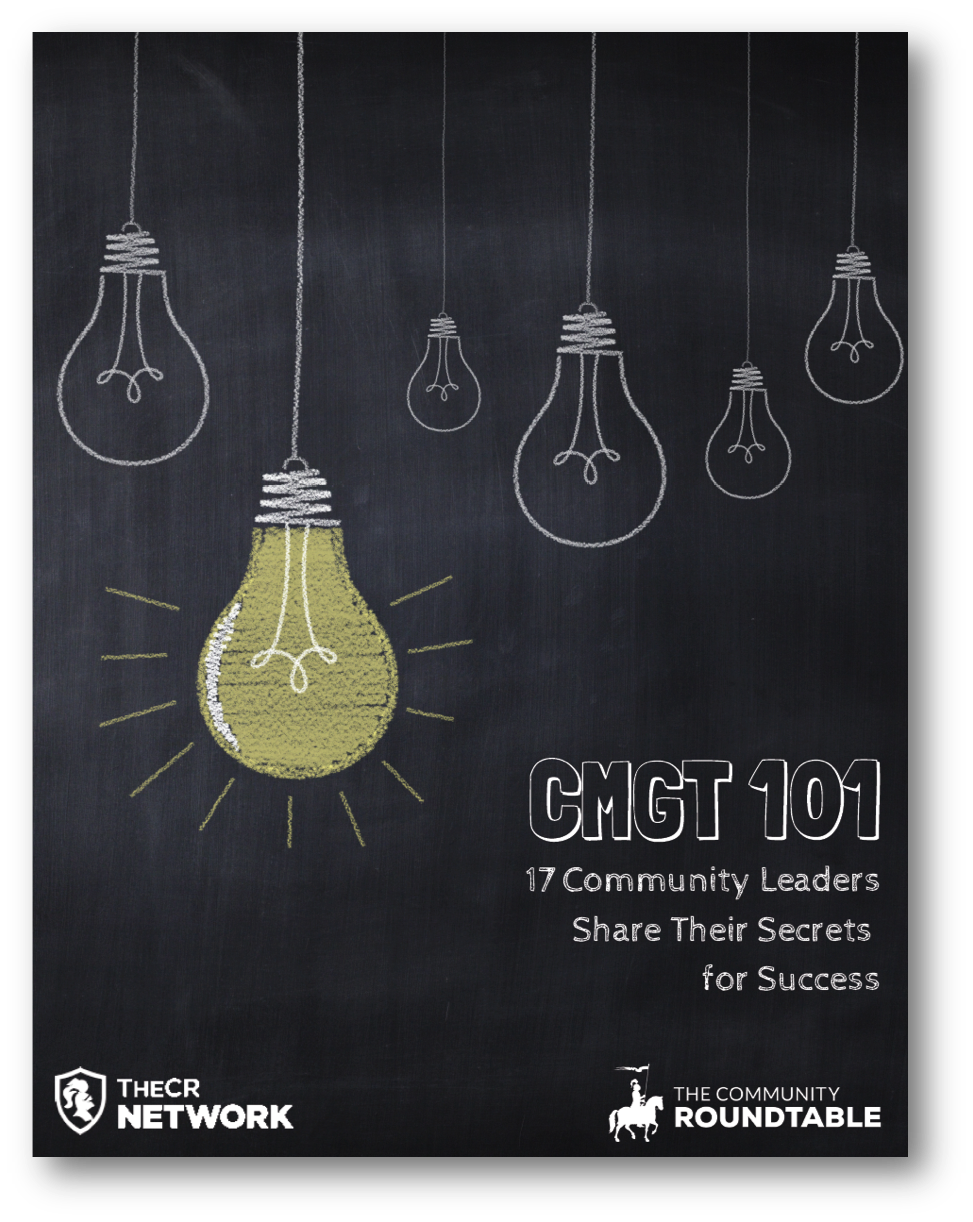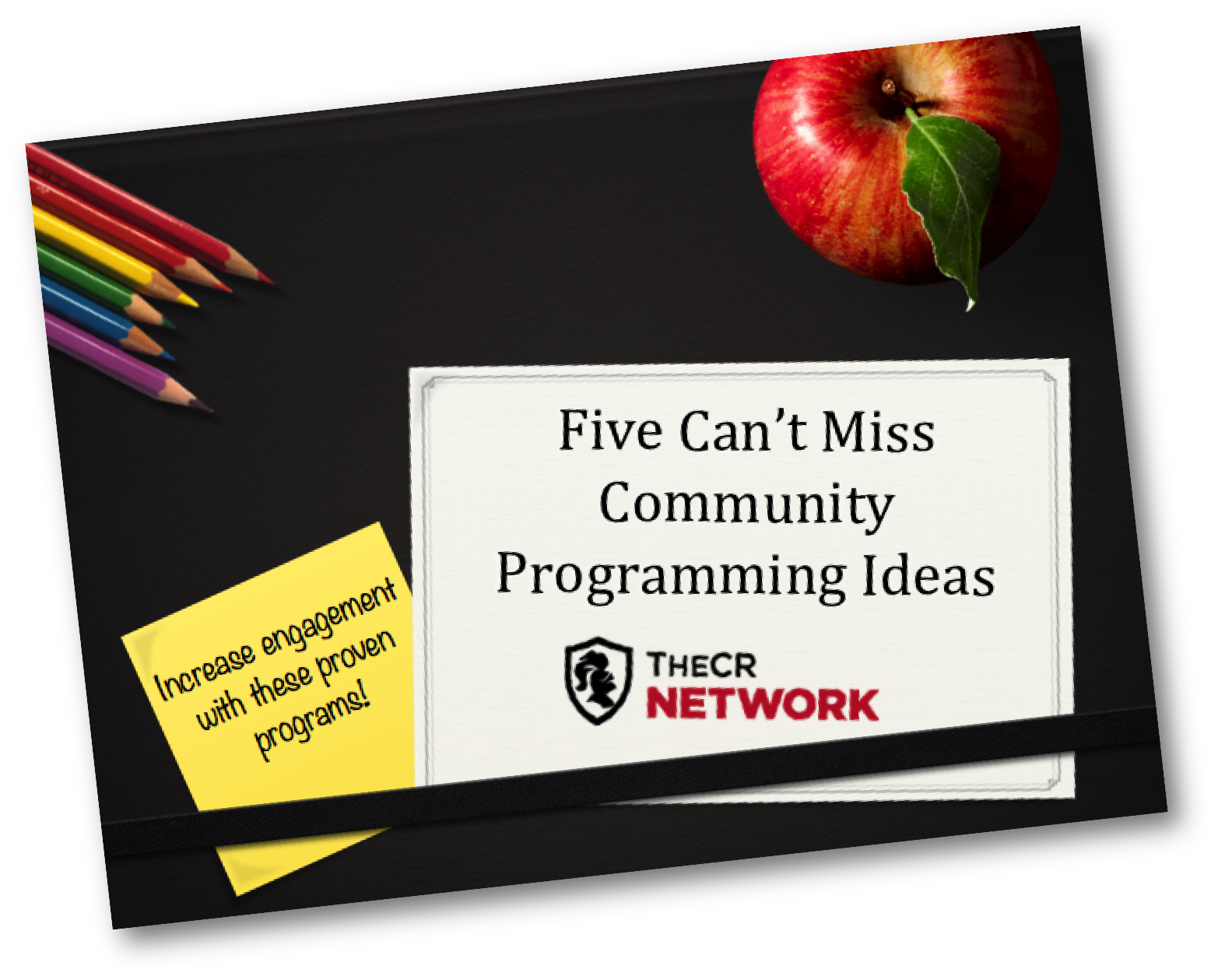From improving customer satisfaction to providing fast and easy support and empowering members, online communities drive increased revenue, boost customer satisfaction, and make connecting easier than ever before.
This eBook contains new, unreleased data from the 2022 State of Community Management report, explores trends in online communities, and showcases what success looks like in communities at the forefront of this innovation, like Spotify, Flexera, and Zoom.
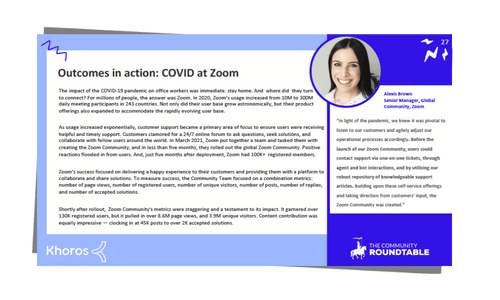
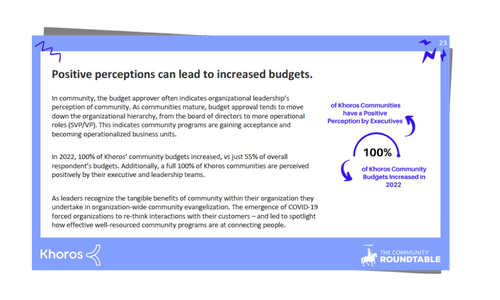
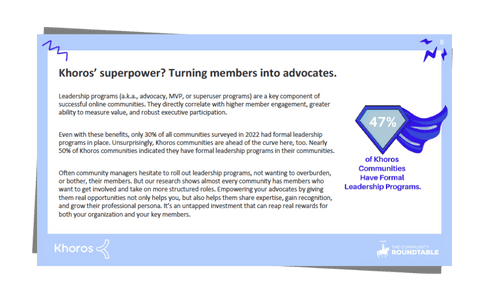
You’ll learn about how online communities add business value to the organizations and get tactical ideas on how you can implement similar community-based programs at your organization.
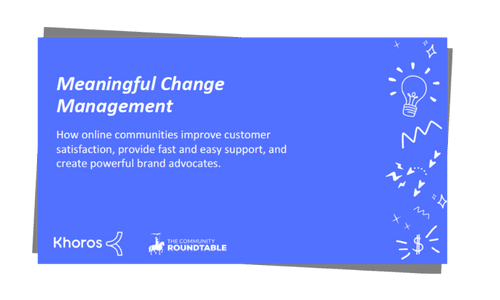
Download your copy of Meaningful Change Management here.
We partnered with community platform company, Khoros, to dive into what customer support communities look like today. Through unpublished data from the 2022 State of Community Management research and in-depth looks at real community programs, this ebook provides a practical guide for anyone looking to increase the impact of their online community program. Don’t have an online community yet? You’ll learn what success looks like – and get ideas for starting your own.
